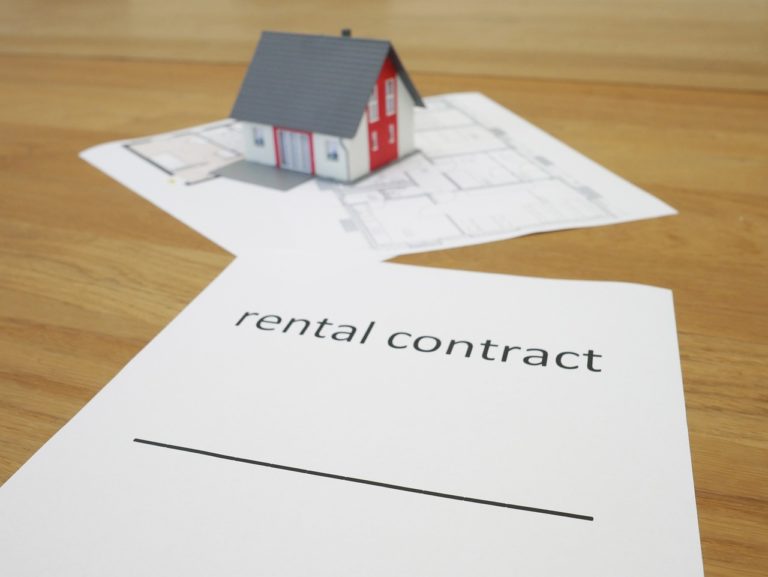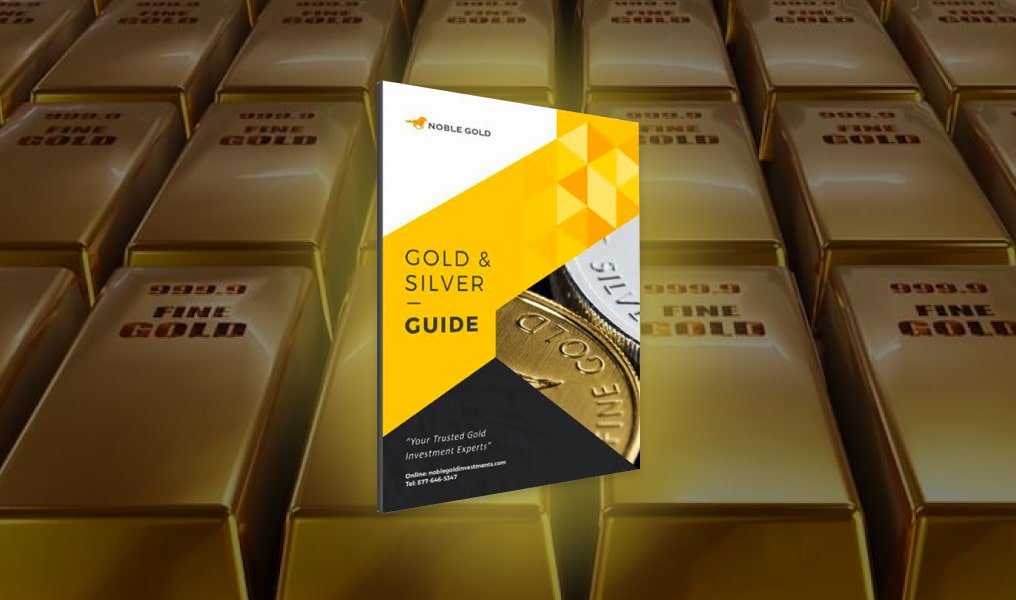For generations, homeownership has been considered not only a goal at the root of starting a family and settling down, but also a sign of reaching financial independence. However, with recent massive shifts in the U.S. economy, including an overwhelmed career field, higher demand for housing, and inflation outpacing workers’ wages, those who wish to become homeowners are finding themselves having to push off the date further and further into the future. Some generations, particularly the older millennial generation currently approaching their 40s, may even consider homeownership a lost cause.
However, with the equally rising costs of leasing across the US, is renting truly a better option when securing a place to live? When it comes to renting vs. buying, the pros and cons of each tend to depend on the person or family in question, but one main question remains: which is ideal for achieving financial security in the future?
The State of the Housing Market
Following the economic implications of the COVID-19 pandemic and subsequent lockdowns, which included widespread unemployment and a major shift to remote work, the housing market has been changing in every way possible. Most notably, the cost of buying a home has seemingly skyrocketed, combined with a sudden lack of available property for affordable prices.
Fortune contextualizes one part of the rising cost of homeownership by breaking down what increasing mortgage rates mean for new buyers. With a rising average mortgage rate increasing to 4.67%, they explain that throughout a 30-year home loan, this could result in an additional $161,000 on a $500,000 home.
The shift to 4.67% is a stark increase from the 3.11% less than six months earlier, though this trend of inflation has been visible for the past couple decades.
Naturally, these rising costs make it more difficult for potential homebuyers, especially when the average increase in wages is only expected to be 3% in 2022. Combined with overall economic inflation, new homebuyers are finding themselves in a difficult spot financially.
Renting vs. Buying
While many people think the cost of buying a home vs. the cost of renting is as easy as comparing monthly mortgage and rent payments, the fact is there are several other financial considerations to consider. Many of which make homebuying even less accessible to many people in lower-wage brackets.
For example, there are costs bundled within standard rent payments that have to be paid separately when owning a home, which include:
- Property and liability insurance;
- Mortgage insurance;
- HOA fees;
- Cost of maintenance and repairs;
- Property taxes;
- Interior and decor, including furniture repair;
- Home updates;
- Emergency repairs in the event of flooding or fire;
- The cost of utilities.
The cost of homeownership vs. renting is more complicated than simply the bare numbers on paper. These hidden costs only act as further roadblocks to homeownership, especially with the stagnation of wages and overall economic inflation.
As such, many people are reconsidering what homeownership means, and whether or not it’s the “investment” they’ve always been told. After all, if buying a home wipes your savings, and monthly payments make it impossible to build personal savings back up again, how much of an investment is it?
It makes sense why so many people entering their middle-aged years are still choosing to rent instead of buy. And while there is a percentage of older millennials who have been able to successfully enter the housing market, many admit that they had to rely on unique means of affording the down payments, closing costs, and other aspects of the process to make it happen.
Is Buying a House Still a Good Investment?
Even for those who can find their way into a home, the question remains: is homebuying a good long-term investment?
While the generally accepted truth remains that buying a home is a good investment, there are many differing opinions on the matter. Many financial experts claim it to be a poor choice, while others still boast homeownership as a safe and reliable investment option even with the current difficulty in entering the market at all.
Others insist it depends on the fluctuations in the economy as well as an individual’s circumstances, and even suggest potential investors avoid the homebuying market altogether in favor of other investment strategies.
It appears the answer to “is homeownership a good investment?” remains as complicated as homeownership itself. Its investment opportunity depends on an individual’s circumstances, both financially and regarding their overall lifestyle.
Further, it’s important to note that homeownership isn’t like other investments in the way of purchasing “stock” and allowing its value to increase. For example, if you’re actively living in the home, then that investment becomes less elective and more of a requirement for survival. There’s also a lot of additional risk for costly damage that could reduce its overall value which operates completely outside of the market as well.
Unless you’re purchasing property with the sole intention of fixing it up to sell immediately at a higher price, the approach to homeownership as a long-term investment should be done with consideration added to the additional risks that come with it. When combined with other investments, however, it’s possible to find financial stability and value in homeownership.
Other Investment Considerations
With homeownership’s varying rates of investment success, some financial experts emphasize that investors broaden their horizons when it comes to ensuring a strong financial future, especially when combined with homeownership investments.
Particularly when considering the difference between homebuying investments and other more fluid types of investments, it’s easy to see where the pros and cons of every type play a role in a portfolio. Some of these alternative forms of investment include, but are not limited to:
Index Funds
According to Time, index funds are defined as “a group of stocks that track a specific market or sector” rather than buying individual stocks one by one. Because of this wider “net” of stocks being invested in, it allows for potentially higher returns by injecting money into a group of companies rather than a single enterprise.
So even if one company within that group performs poorly, if others have exceeded expectations, there is less loss overall.
IRAs and 401ks
With rampant retirement anxiety among millennials and Generation X, it’s important to thoroughly understand the different kinds of investment accounts at your disposal. While most people associate IRAs, 401ks, and other retirement plans with full-time jobs, many might not know that not only can individuals contribute to these plans under certain circumstances, there is also a general level of freedom that comes in choosing where those funds are being invested throughout a career. There are also other unique ways to invest in a more individualized retirement plan, including gold IRAs.
Business Investment
While starting your own small business can be an investment in itself, there are other ways to invest in small businesses by simply offering financial support to another entrepreneur.
There are two main types of small business investments: “equity” and “debt” investments. Both come with their own risks and potential returns, so do thorough research into both before determining if either, or both, are the best route for you and your financial goals.
Other Property Investment
While homeownership specifically may not be a viable investment opportunity for many people on its own, there are myriad types of property to invest in outside of just homes. Some examples of these properties, in addition to residential, include commercial, industrial, and retail — all of which come with their own set of benefits and potential complications.
Gold & Silver Investments
While gold and silver investments may not be many people’s first instinct when it comes to preparing for retirement or seeking opportunities for stronger finances, the fact remains that both gold and silver’s values continue to rise, and investing in both ingots and coins alike can potentially result in high returns in the future.
Without the additional complexity of homeownership or other complex investments as well, investing in gold, silver, and other precious metals can act as a secure form of preparing for retirement as well as providing general financial security in the future.







